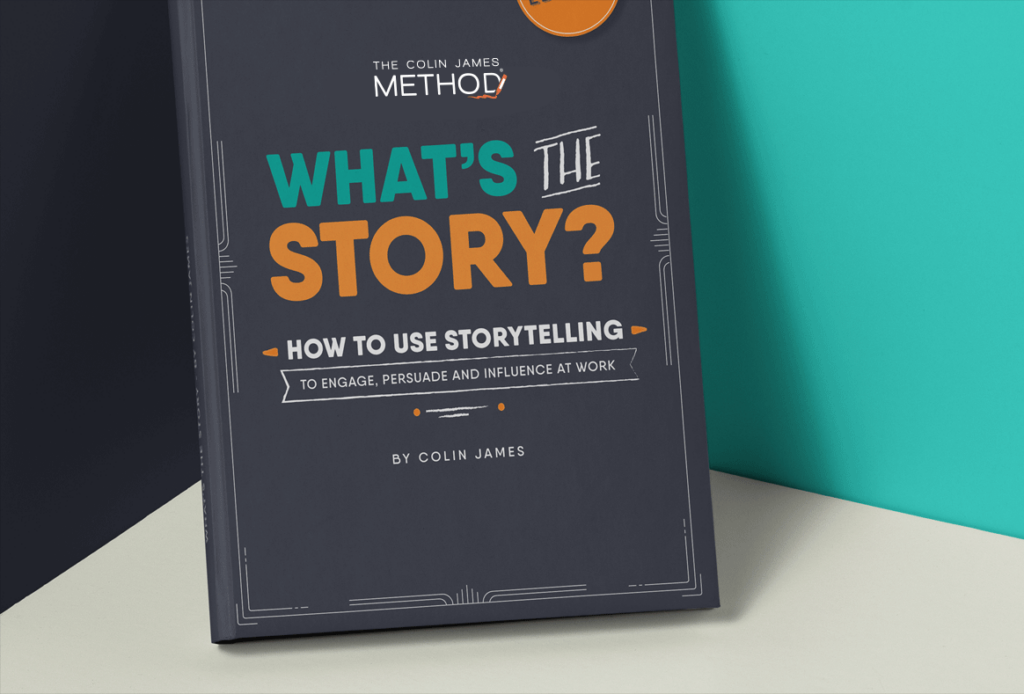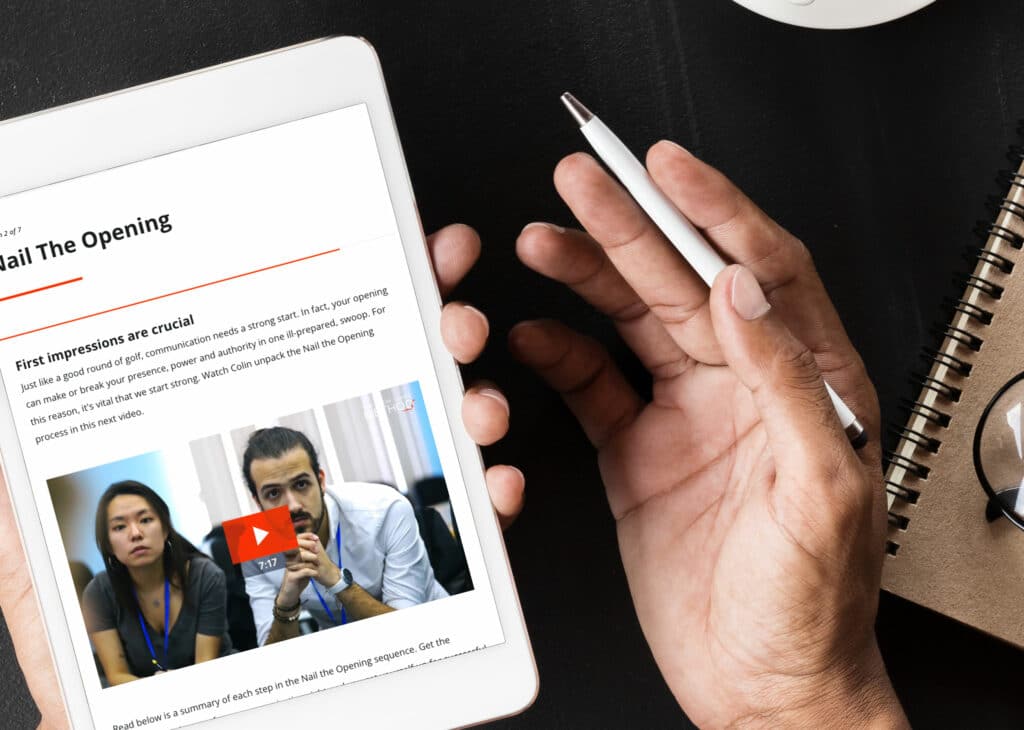According to body language expert Allan Pease, 60 to 80 per cent of a message during a face-to-face meeting is conveyed through body language, not words. Which is quite surprising when you think about how much preparation goes into the words used in a successful speech, pitch or conversation; body language appears to be a mere afterthought.
When it comes to words, females have been mocked for talking more than their male counterparts for hundreds of years and you don’t have to dig very deep to find a wealth of statistical and anecdotal information that can actually back this up.
Some even pay tribute to a bygone era where the women of the tribe gathered around the camp, weaving, prepping, cooking and tending to the kids – all the while talking, singing and socialising with each other – while the men hunted. You see, hunting required stealth-like movement which was often conducted in silence. Even the slightest chatter would be enough to alarm game and frighten off a potential feast. So the men hunted in groups, communicating only through basic whistles, whispers and a range of hand signals with minimal talk.
Is this Darwinism at play and could these behaviours be attributed to the difference in daily word quotas achieved by men and women? Potentially. And this seems to be transcending to the modern social scene and workplace where the debate about men interrupting women is alive and well and living in every corner of the globe.
‘Manterruptions’ as they are colloquially coined, may just come down to personality types more than gender, according to some, though. While women are allegedly subjected to more interruptions during conversation, it’s not always just by men.
In a study published by the Journal of Language and Social Psychology, forty participants (20 male) had three-minute conversations with specialised communication partners in a repeated-measures design. The study found that when speaking with a female, participants interrupted more and used more dependent clauses than when speaking with a male.
So how did we get to a point where women are interrupted more and just how exactly does one avoid being interrupted or talked over the top of by someone else in the room? There are some clever body blocking techniques that can help a female speaker stop chronic interrupters in their tracks when communicating face-to-face.
“So how did we get to a point where women are interrupted more and just how exactly does one avoid being interrupted or talked over the top of by someone else in the room?”
Powerful body poses
When it comes to honing your body language in communication, a power pose can often exude a perceived confidence that might just give your spoken word more conviction and therefore deter interrupters. According to Social Psychologist Amy Cuddy, standing in a posture of confidence, even when we’re not feeling confident, can boost feelings of confidence and potentially impact on chances of success. This can include using your whole body from your feet to your head, all facing the front and towards who it is you’re speaking with. Leaning in for emphasis can also work a treat.
Using your hands in body language
Hand gestures can play a big role in body language and communication and can be a great way to block those who want to stop or talk over a conversation. If interrupted while speaking, simply use an open palm in their direction to acknowledge them, followed by a polite quip (“I’ll just be one moment I’m almost finished”). Keep fingers openly spread to avoid confrontation (like the old ‘talk to the hand’ gesture) and don’t underestimate the value of a firm handshake at the start of any meeting to establish confidence.
“Hand gestures can play a big role in body language and communication and can be a great way to block those who want to stop or talk over a conversation.”
Use your teeth and smile
Surprisingly, the ol’ toothy pegs can help when it comes to gaining confidence with others in the room. An open-lipped smile is the safest option when greeting others and can tell a person a lot about your intentions and your confidence. With that smile and confidence comes the reduced likeliness of someone cutting you off mid-sentence.
Continue to communicate
Be bold, be brave and make a commitment to continuing on with your conversation if you get an interruption. This strategy takes a bit of gusto and if you’re a little introverted in your communication techniques you’ll need to step outside your comfort zone to achieve this. Use timing to your advantage and be gracious but, at the same time, continue on with what you were saying if someone tries to steal your thunder midway through your delivery.
Set the scene first
Bring all of these tips together and execute them at the very start to set the ideal scene. If you’re prone to getting pesky interruptions, be clever and bring it up before you speak. Announce that what you’re about to say might be a half-baked idea but that you’d be open to discussing it further once you’ve finished what you have to say. This lets everyone in the room know what’s about to proceed before you start and is a great way of shutting down any serial interrupters before they hijack your thoughts, words and confidence.
Using body language can be a great way to convey a message but it can also tell you a lot about a person’s confidence, or lack of! Download our free Skyrocket Your Confidence 4-step cheat sheet now for handy tips on how to combat anxiety and nerves while promoting confidence and reaching your full potential.

The Colin James Method® Facilitators train corporate executives to improve their professional communication skills with a proven methodology. Our highly trained Facilitators and Coaches are recognised for their experience in their fields and have worked with many individuals and organisations around the world to master the art of communication.










